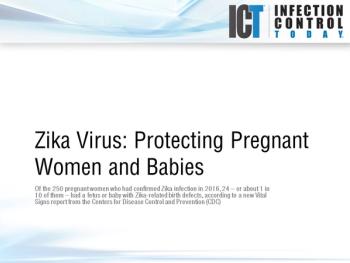
Scientists funded by the National Institutes of Health (NIH) have found that an experimental treatment cured 100 percent of guinea pigs and rhesus monkeys in late stages of infection with lethal levels of Marburg and Ravn viruses, relatives of the Ebola virus. Although the Marburg and Ravn viruses are less familiar than Ebola virus, both can resemble Ebola in symptoms and outcomes in people, and both lack preventive and therapeutic countermeasures.












